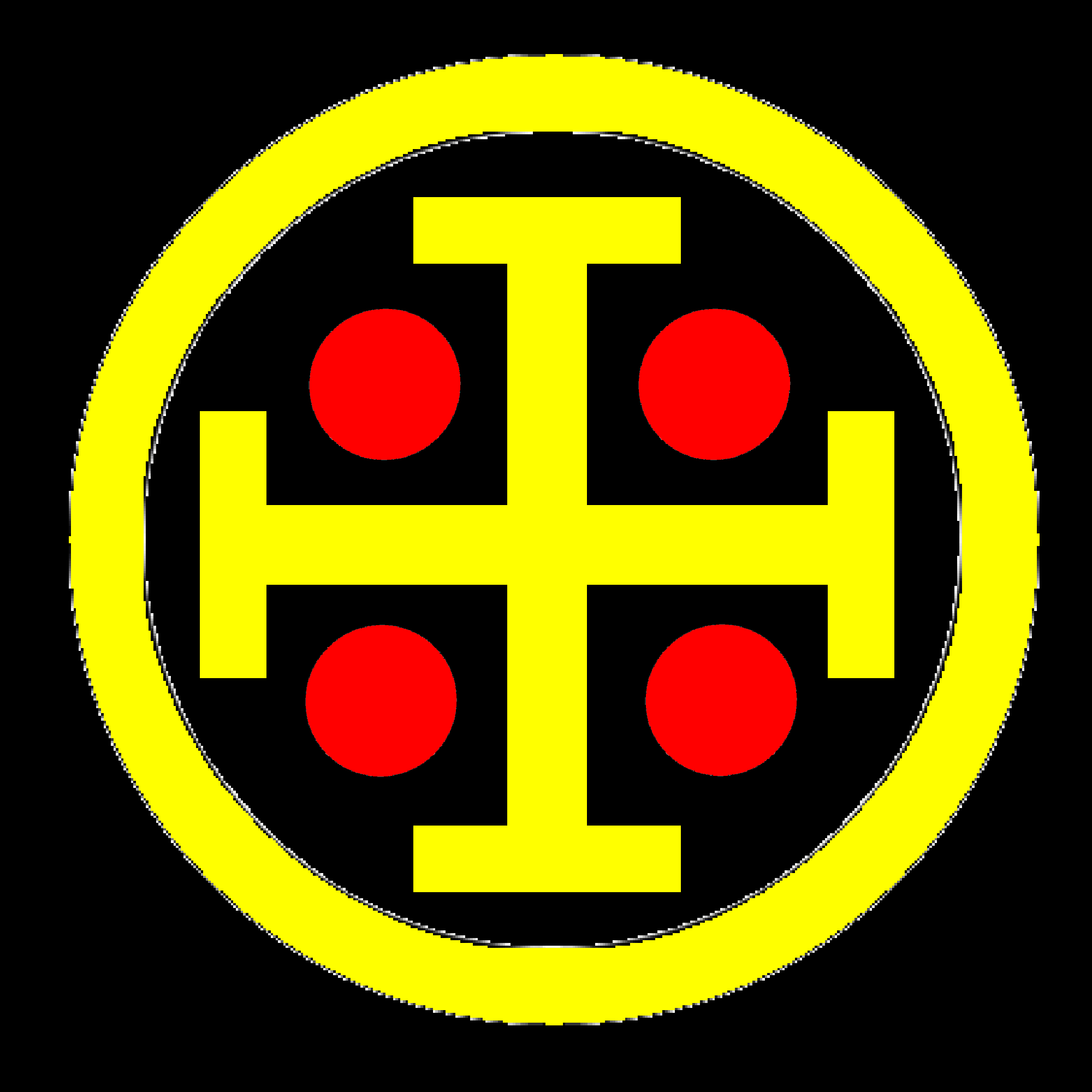 |
Serving the divine one who rules for all
|
 |
Serving the divine one who rules for all
|
ZartochrestianismIn Zartian Mithraism two brothers Aristus and Chrestus are considered twin saviours of mankind. They echo ancient myths of twin saviour horsemen - the Aspinas. Aristus strives to develop his full human potency - to become mighty, to become 'the best'. His values echo those of classic pagan nobility.In contrast, but not necessarily in opposition, Chrestus strives to be 'useful', to be 'good', to be 'the servant' of mankind in general and of the individual people he comes across in particular. Zartochrestianism promotes the path of Chrestus rather than Aristus. Our aim as Zartochrestians is to become 'Chrestomorphic' (in the 'shape' or character of Chrestus) so that we become agents of Chrestus in the world. Chrestus is a divine power who rises above any individual person. Nevertheless Zartochrestians venerate a saintly trinity who embody aspects of the nature of Chrestus. These are Zartus, Jesus and Georgius. Zartus in particular represents the intellectual nature of Chrestus, Jesus especially embodies the loving spiritual nature of Chrestus and Georgius represents the courage of Chrestus. Zartochrestians also recognise the Trimagi or 'three wise men' as primary teachers of the philosophy of the Good. These are Zartus, Plato and Aristotle. Zartochrestians understand the activity of the world in particular in the interaction of seven prosopa or 'persons' or 'faces of God'. These are Mithras, Anhita (considered as Heavenly (or 'Cosmic' Parents) , Aristus, Chrestus, Azidus, Spentaman (Holy Spirit) and Angraman. Zartochrestians value what we call the 'Jesuchristian' scriptures - roughly the New Testament and other scriptures of the same era that may be called gnostic. However we don't consider the Hebrew Scriptures (the 'Old Testament') to be Christian writings, although we respect that there is much wisdom within them. Differences between Zartochrestianism and Zartian MithraismZartochrestians strive to attain the nature of Chrestus; Mithrites to attain the nature of Aristus.Zartochrestians have a list of 7 prosopa; Mithrites venerate an additional 5 to make 12. Zartochrestians venerate a list of 3 saints which is not part of Mithraism. Zartochrestians respect a list of '3 wise men' the Trimagi (Zartus, Plato, Aristotle). Mithrites have a list of 5 - the Pentamagi - which also include Gotama and Nietzsche. Zartochrestians talk of Yazdan or God. Mithrites generally don't, or not to the same extent. Zartochrestians recognize a kinship with the Abramochristian tradition and may take an interest in the writings of modern Abramochristians especially those in the 'natural law' tradition and an interest in Plato or Aristotle. Zartian Mithraists by contrast see themselves continuing the tradition of the nobility of pre-Christian or non-Christian cultures especially that of ancient Persian, Greece or Rome. Zartochrestians tend to adopt a spirituality and ritual from the Christian tradition. Zartian Mithraists tend to adopt a non-christian spirituality - eg. generally Buddhist or Stoic in terms of adopting a noble temperament, but also a more Heathen or Nietzschean spirituality in terms of striving for self-improvement. May 4025 EHE |